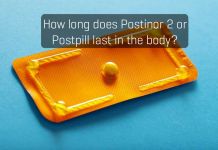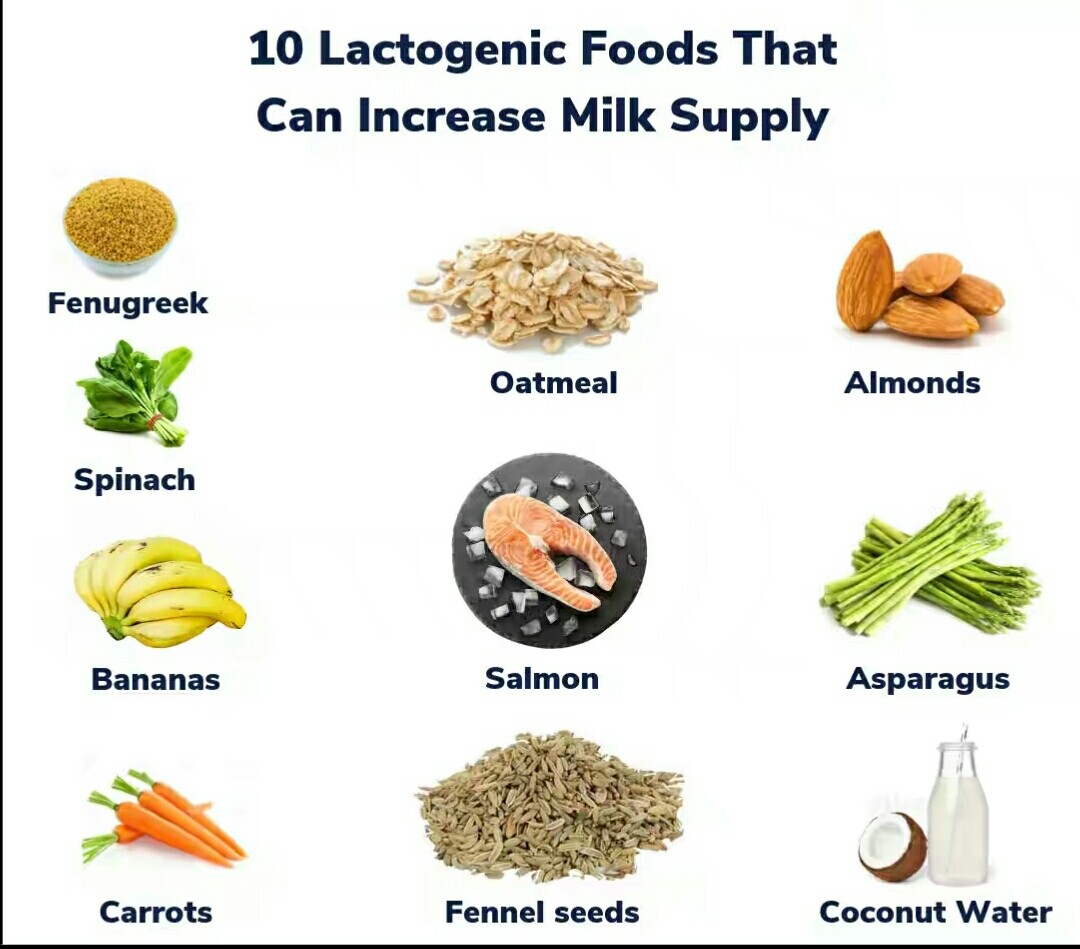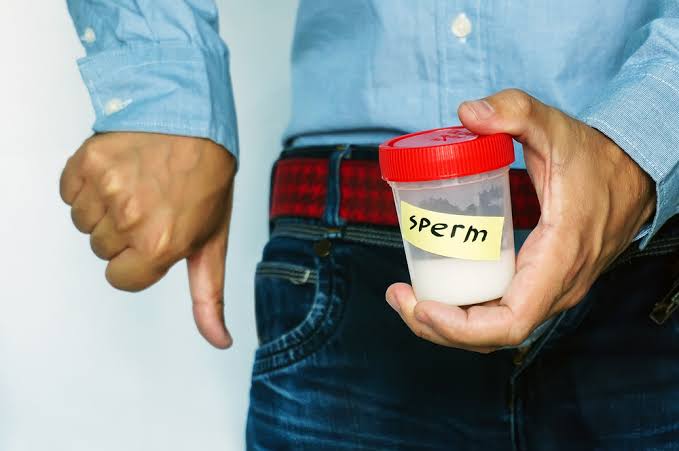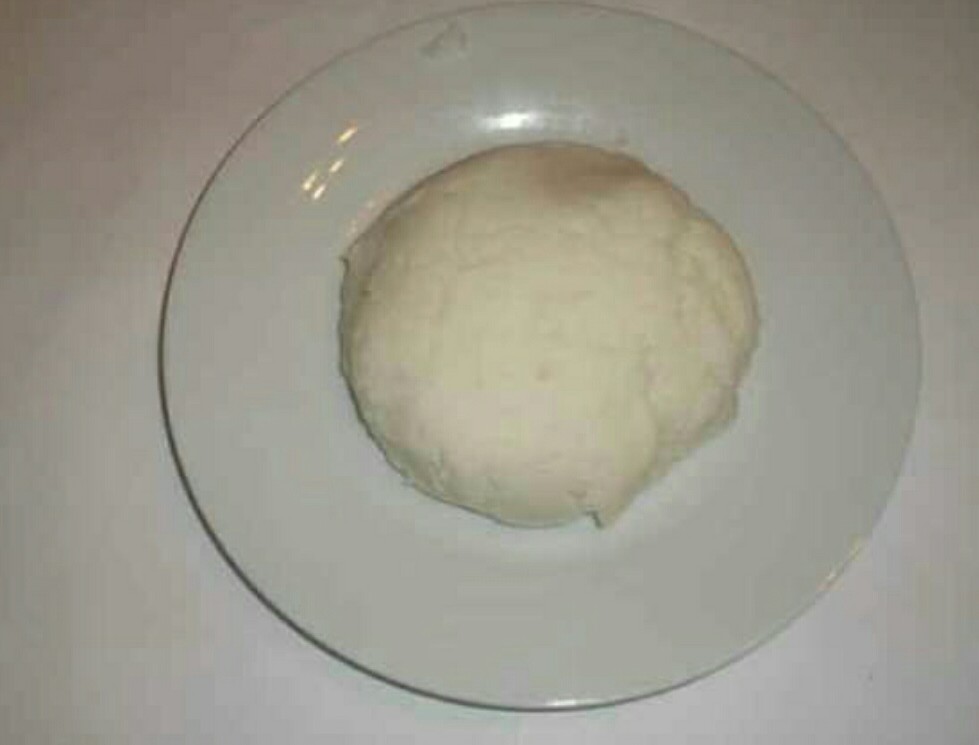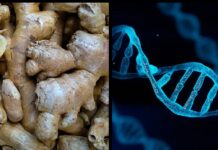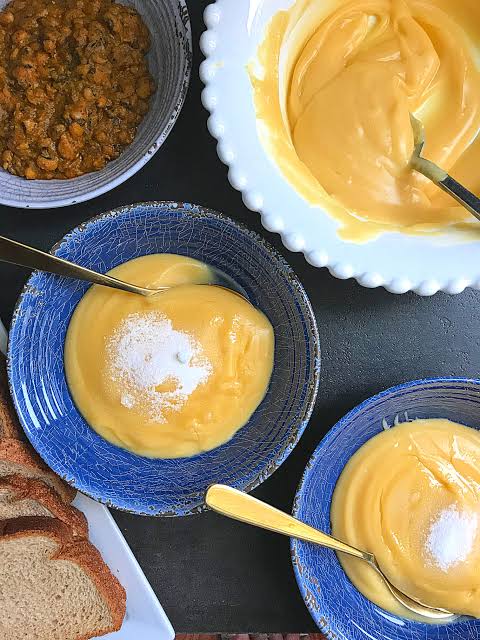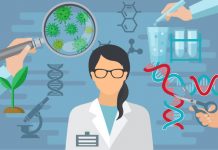Can a medical laboratory scientist become a pharmacist?
👇👇👇👇👇👇👇👇👇
CAN A MEDICAL LABORATORY SCIENTIST BECOME A PHARMACIST?
Medical laboratory science is the use of chemical laboratory tests to detect, diagnose, monitor, and treat diseases. Blood, tissue, and body fluids can be chemically analyzed and examined for foreign organisms and abnormalities. A Medical laboratory scientist aims to analyze a variety of biological specimens. They perform scientific testing on samples and relay results to physicians. They use sophisticated clinical equipment like microscopes, cell counters and other high precision equipment to carry out tests in chemistry, hematology, immunology, transfusion medicine, and microbiology. The decision of a physician regarding a patient’s diagnosis, hospital admission, treatment, and discharge is heavily dependent on a Medical laboratory scientists report.
Medical laboratory scientists work in places such as hospital, clinics, forensic and public health laboratories, Pharmaceutical industries, Biotechnology companies, Vet clinics, and research institutions. Medical laboratory science lasts for 4 years in the university.
Pharmacy is the clinical health science that links medicine with chemistry and it is charged with the discovery, production, disposal, safe and effective use and control of medications and drugs. A Pharmacist is a well trained health professional who is responsible for the management and distribution of medicines and ha the scientific knowledge to counsel patients on how to correctly use medicines and the potential side effects.
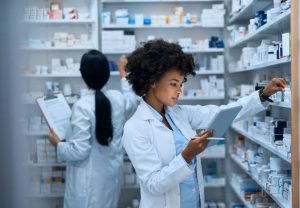
Yes a Medical Laboratory Scientist can become a Pharmacist by applying for Direct entry or Post graduate entry to study Pharmacy. The knowledge gained studying Medical Laboratory Science will definitely make studying Pharmacy easier. But note that easier does not mean easy, the student may find certain courses in Pharmacy less challenging especially those in the biological sciences such as virology, biochemistry and physiology but other areas such as the formulation sciences, anatomy and medical practices will still proffer some level of difficulty.
Most universities accept students with minimum of a 2nd class upper in relevant courses (Medical Laboratory Science, Biochemistry, Anatomy, etc) for admission to study Pharmacy, some schools accept 2nd class lower but this reduces the chances of being admitted. Generally some of the requirements are while each university has unique criterion for admission, you need at least five ‘credit’ passes in English, Mathematics, Physics, Chemistry and Biology in not more than ‘two sittings’ at O’level to study Pharmacy. It is also advisable to visit your proposed school of admission for enquiries. You can get admission by buy a Joint Admission and Matriculation Board Direct Entry Form (JAMB DE Form).
There is also the option of getting a Masters in Pharmacology from your first degree in Medical Laboratory science. Pharmaceutical Laboratory scientists mainly work in quality control and assurance, and in Pharmaceutical companies. They also test the effect of manufactured drugs on microorganisms. Note that with a Masters degree in Pharmacology, you are not a Pharmacist, cannot open a Pharmacy, cannot establish a pharmaceutical industry and cannot work in a Community Pharmacy.
Olayinka Shyllon
Image Credit: NorthEastern University
This article is the intellectual property of www.nimedhealth.com.ng




